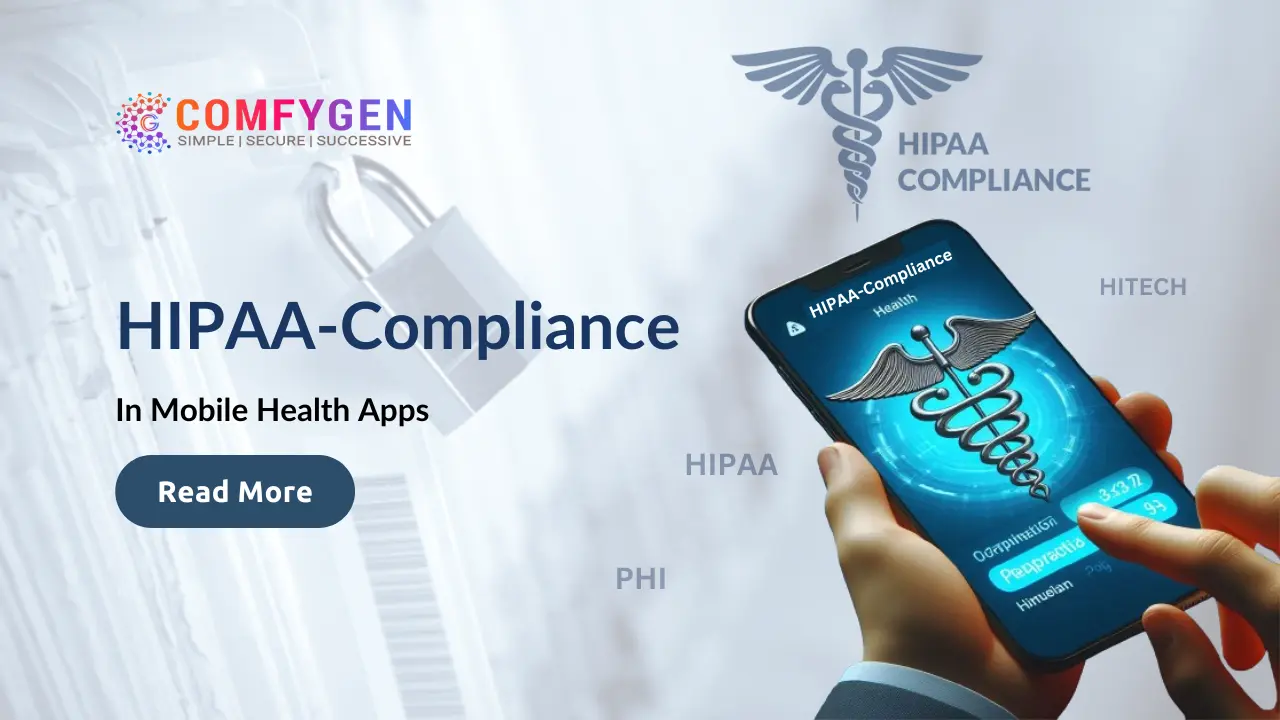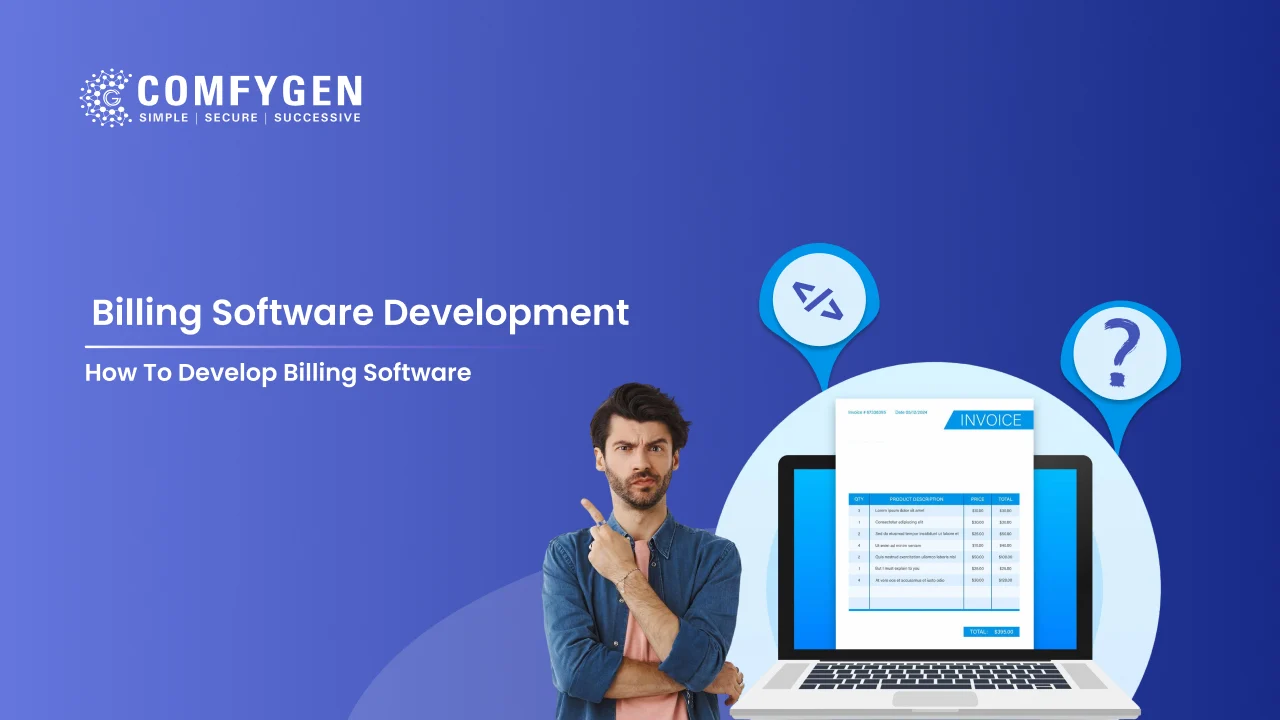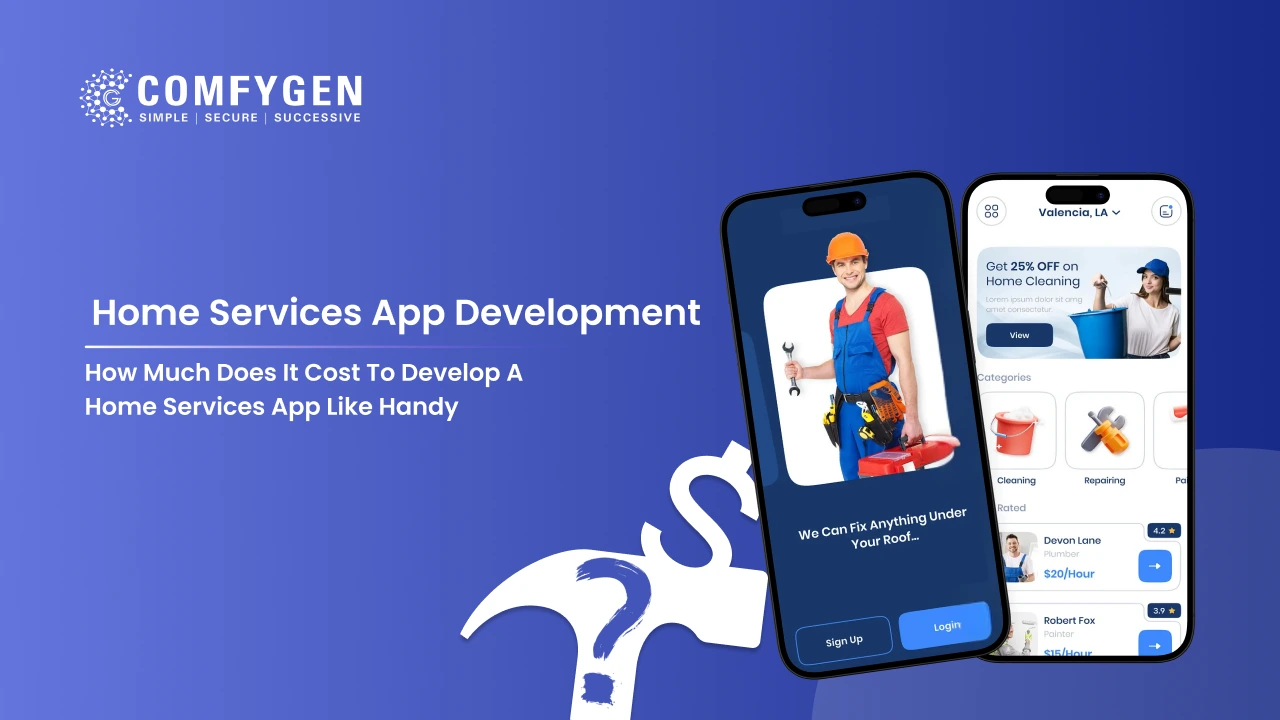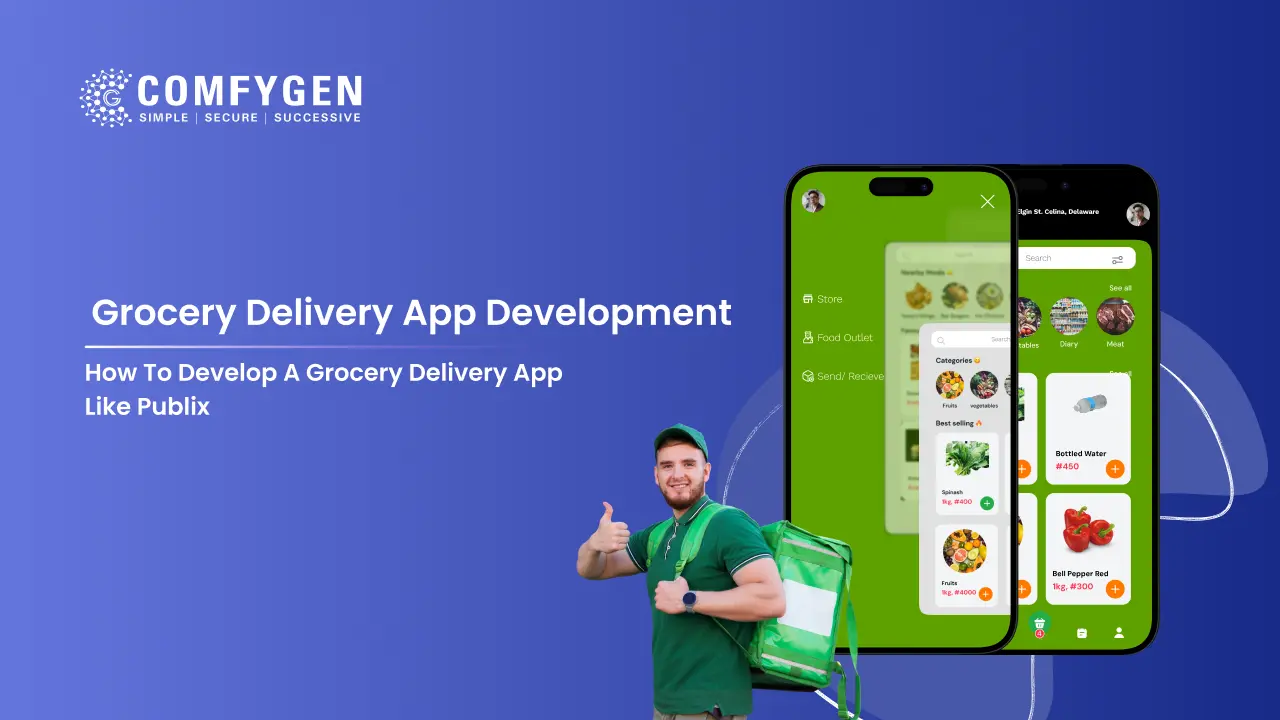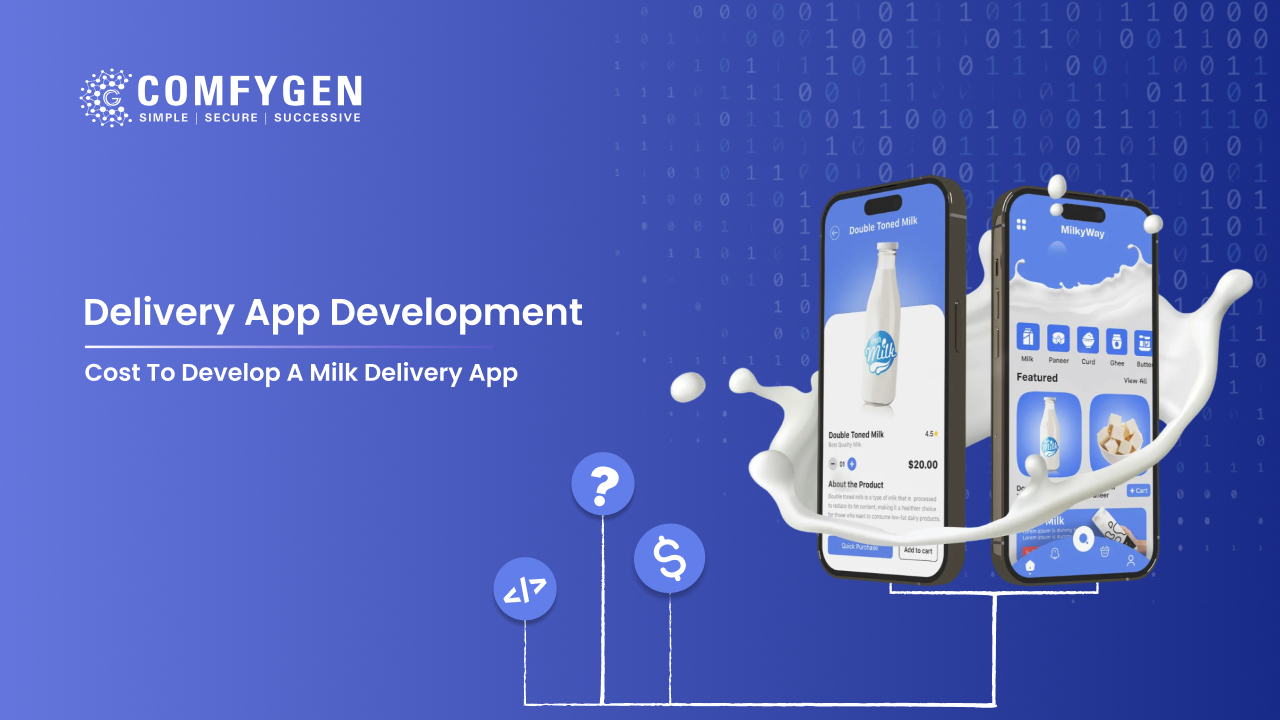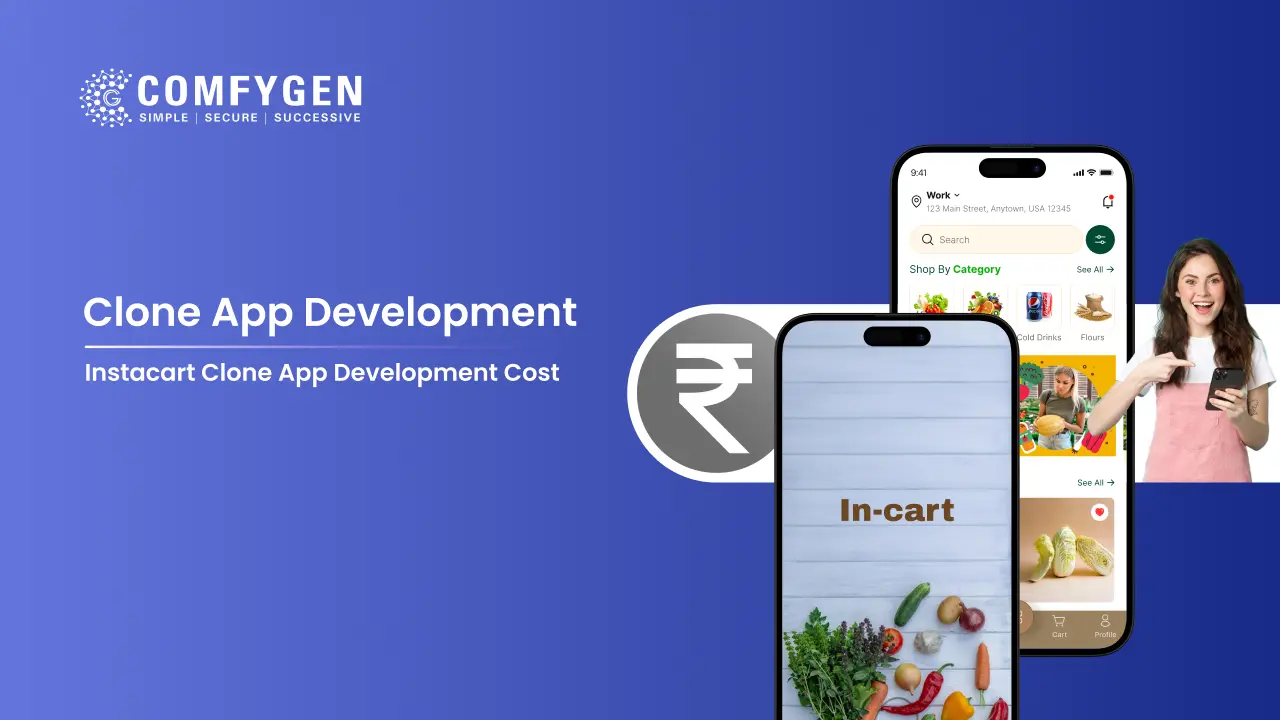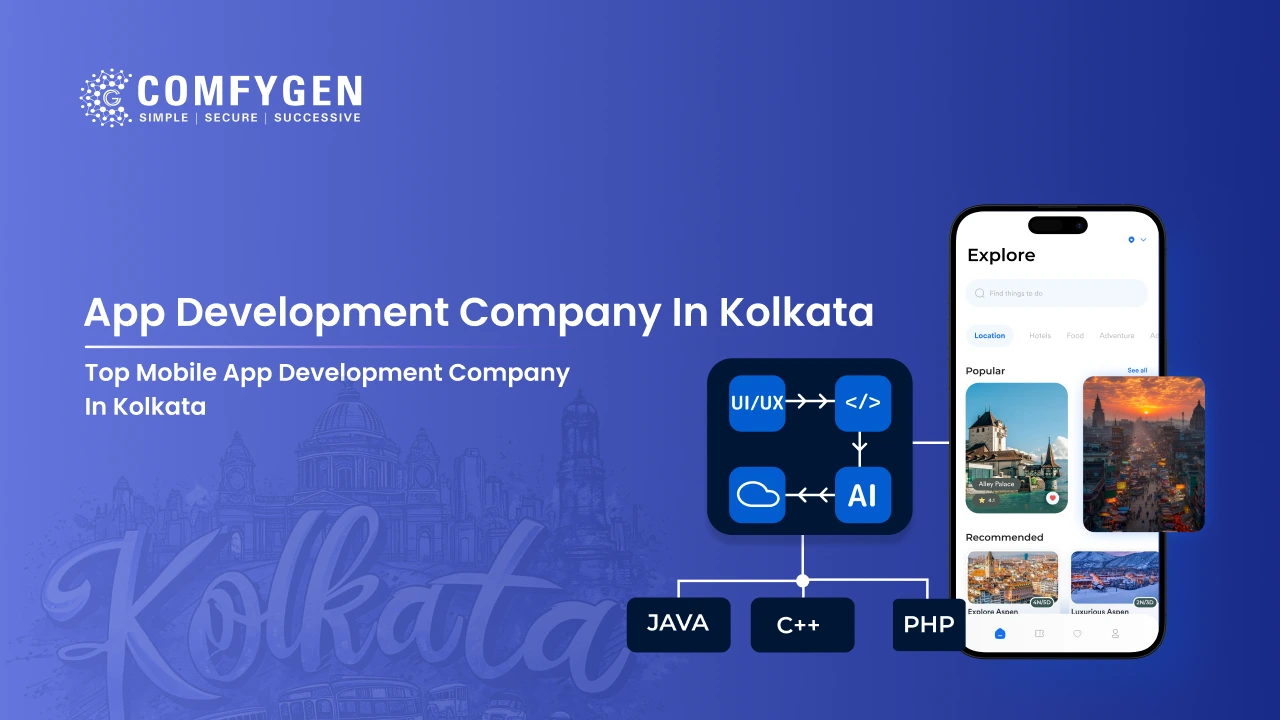HIPAA Compliance in Mobile Health Apps
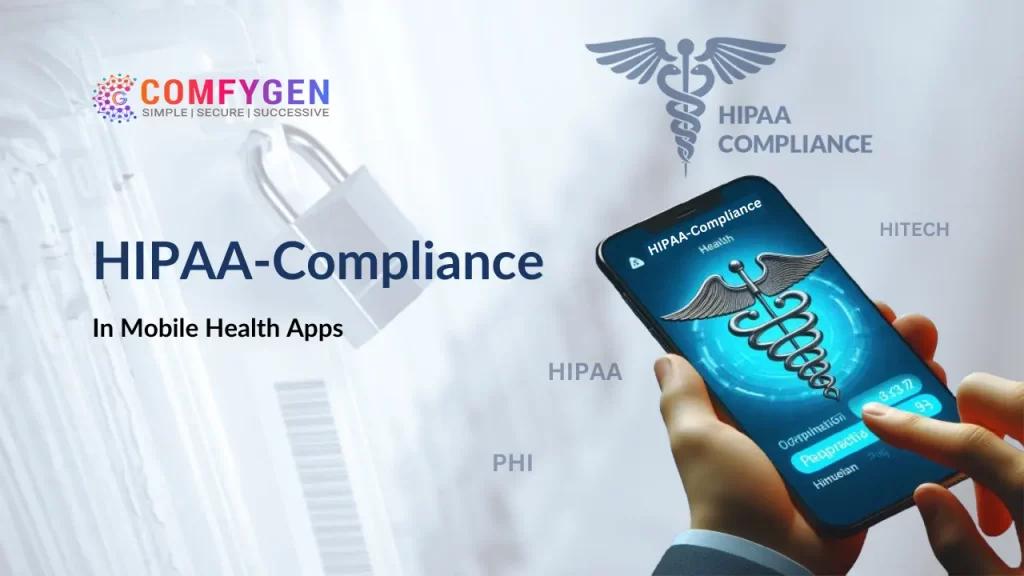
“Get the essential steps you need to develop a HIPAA Compliance mobile app that adheres to privacy and security regulations for healthcare data.”
Healthcare apps are used everywhere in the world today because of the growing health consciousness that people have today. In recent times, the use of healthcare apps has increased to such an extent, and the mHealth App sector is going to grow at a pace of 14.9 percent. It is important to create strong and robust healthcare apps that are marketable to make profits in the growing healthcare app industry.
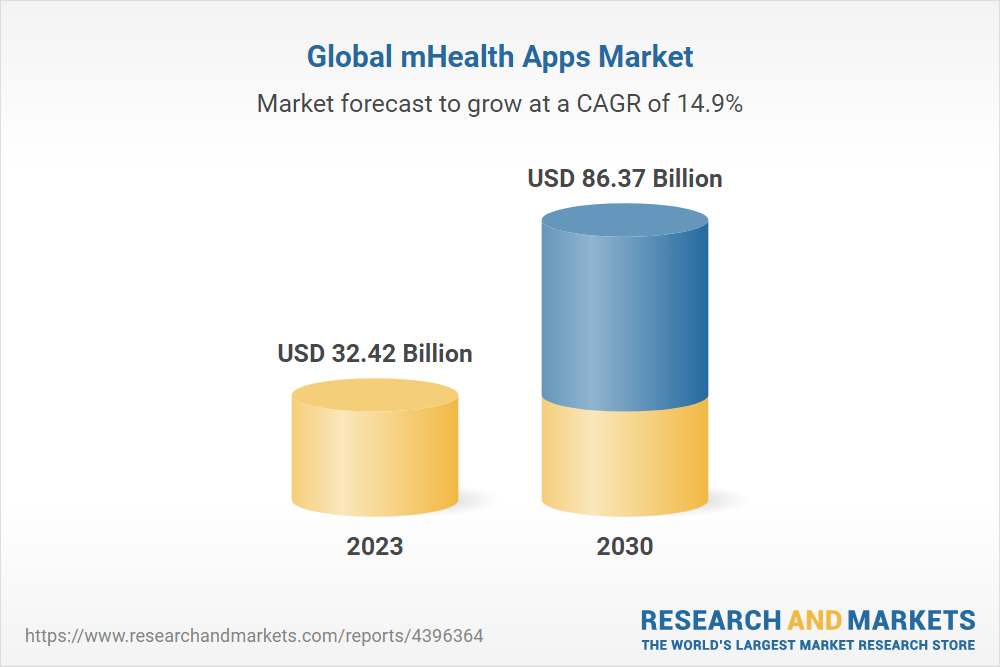
Image credit: Research and Markets
While creating a healthcare app, it is important to build HIPAA-compliant apps that meet industry regulation standards. Adherence to HIPAA is important for creating an ethical and useful app that performs well on legal standards.
In this article, you will find the steps for HIPAA-compliant app development from scratch.
Market Statistics About Healthcare App Development
In the year 2023, the healthcare apps market grew at a rate of 9.9 percent. This year, the growth percentage has gone beyond double digits. Revenue from health applications was at a mark of $3.4 billion in 2023, and this growth has been tremendous since the pandemic.
After the pandemic, people have become more health conscious and aware of the steps that they need to take to improve their health. The healthcare sector, hospitals, clinics, and other stakeholders need healthcare apps and digital solutions to complete the digital transformation of the healthcare sector.
What is HIPAA regulation?
HIPAA is a framework of healthcare regulations, which is called the Health Insurance Portability and Accountability Act. It is a regulatory framework that governs the sharing of personal health information so that there is no illegal and harmful sharing of patient information with third-party organizations.
In the digital era, HIPAA is important for keeping patient confidentiality and privacy up against multiple digital factors. While at first, it was linked with patient insurance policies, now it has been expanded with multiple revisions. It is a regulatory framework that also governs the legal status and functioning of healthcare apps.
Challenges in healthcare app development for HIPAA is a legal act that is related to the functioning of healthcare establishments like emergency clinics and corporate medicinal services like top healthcare apps in the USA. Since healthcare apps deal with multiple healthcare entities, it also deals with the use of healthcare apps by the public.
HIPAA deals with ( PHI ) or protected health information, which deals with any individually identified data. The protected health information term deals with payment, medical records, billing information, and insurance information. It also deals with diagnosis, lab results, and clinical app information related to a patient.
Since these areas are now handled by many health apps, it is important to create HIPAA-compliant healthcare apps that are safe for patient’s data. HIPAA also deals with covered entities, which include associations and people who offer healthcare services and take payments for them. This includes doctors, healthcare practitioners, healthcare institutions, and healthcare app development companies.
Also Read: The Comprehensive Guide to Healthcare App Development
Healthcare applications become subject to HIPAA when any kind of protected health information from patients gets uploaded on the apps. The HIPAA-compliant mobile app development includes EHR Integration apps and telemedicine apps, as these apps record conversations between doctors and patients and store medical data. EHR apps receive sensitive patient data from covered entities like hospitals and clinics.
HIPAA Compliance in mobile health apps also ensures the complete privacy of patients and doctors when they connect to telemedicine apps. The main requirement for HIPAA compliance in mobile health apps is the integration of robust authorization and access systems with secure communication portals and real-time monitoring systems that keep the security of the healthcare app top-notch.
What Are The Steps To Develop A HIPAA-Compliant App?
For full HIPAA compliance in your healthcare app, you need a HIPAA healthcare app development company that knows how to develop a full-fledged HIPAA-compliant app. During the HIPAA compliance development process, the team needs to check for different aspects of the app, including an IT Risk analysis. Risk assessment procedures and multiple checks during the HIPAA-compliant app development process create a strong and useful healthcare app.
Technical Safeguards
A HIPAA-compliant app has to undergo technical safeguards, which include the encryption of patient data. The HIPAA healthcare app development team needs to use secure encryption algorithms like AES 256 to protect patient data from unauthorized access or chances of data theft.
Your HIPAA-compliant app development company also needs to use proper and advanced authentication mechanisms so that the app has complete access control and authentication portals. For this, the app development team uses biometric identification for the registered patients. A lot of HIPAA-compliant Healthcare apps also work with multi-factor authentication and verification of user identity.
The healthcare app development team also needs to use secure coding practices that ensure that the code is safe from cyber threats and risks. Some of the secure coding practices that mobile app developers of healthcare apps use are input validation and the parametrization of queries. The use of such secure coding practices ensures that the healthcare app does not possess vulnerabilities to security threats like SQL injection or cross-scripting attacks from malicious agents. Such technical safeguards protect the healthcare apps from security threats that might steal the ePHI.
Also Read: The Benefits of Healthcare Apps For Patients and Providers
You should also take the help of the mobile healthcare app development team to update the healthcare app and its security from time to time. It is important to conduct security tests on Machine Learning in healthcare apps periodically to find out the areas of vulnerability so that the development team can nullify the vulnerabilities and maHealthcare Appsintain its security standards.
The healthcare app development team should also use security monitoring mechanisms so it can keep a log of the actions taken in the healthcare app and if any unauthorized activity happens. Tracking the log helps the team to respond to any unauthorized actions very quickly.
Do You Want To Develop a HIPAA-Compliant Mobile App For Your Healthcare Business?
Keeping your patient data (PHI) secure while remaining compliant is our priority.
Physical safeguards
The HIPAA-compliant app development team also needs to deploy physical safeguards so that unauthorized entities cannot access the hardware or physical app. The steps to deploy physical safeguards include limiting physical access to devices or servers that store patient data from unauthorized and malicious entities.
The HIPAA-compliant app development team needs to use strict access controls and secure locations for the physical resources on which the health app runs. The healthcare app development team needs to integrate encryption and password protection that mobile devices and other access devices have with the app. This adds a layer of authorization and authentication before user access.
Moreover, one of the crucial physical safeguards is the use of comprehensive wiping and disposal policies for physical devices so that when a user changes his mobile device, all the sensitive app data from the old device can be wiped out easily. This ensures that the user can use the app securely even when he is using different devices over a long timeline.
The HIPAA-compliant app development company should also train its employees about HIPAA regulations and how to implement them when using physical devices that have patient information in them. The staff that uses these physical devices in a hospital environment has to learn how to handle and store them safely so that the data in them remains untampered. This HIPAA compliance training is done by the HIPAA-compliant software development team.
The HIPAA-compliant healthcare mobile app development team also has to stay active to regularly check the security measures needed in the physical devices for complete app protection and data privacy. From time to time, the security measures of the physical device need to be checked.
Want to Build a HIPAA-compliant App?
We offer the best app development solutions to make sure your healthcare app complies with privacy standards. Contact us today!
Administrative safeguards
The HIPAA-compliant mobile app development company also has to implement some administrative safeguards to keep patient data safe. The administrative structure and roles also need to change to ensure complete HIPAA compliance application development. For example, the organization that owns the HIPAA-compliant healthcare mobile app needs to develop and enforce policies that help secure the handling and storage of sensitive health data. The transmission of patient data also needs to be monitored so that it does not fall victim to security threats.
Also Read: A Deep Dive Into Custom Healthcare Mobile App Development
The HIPAA-compliant mobile app companies should provide regular training and education to employees on HIPAA rules and regulations so that the workers working at the back end of the healthcare app remain ethical in its functioning. The HIPAA-compliant mobile app company should also introduce best security practices in its administration policies.
The organization owning HIPAA Compliance in mobile health apps should also employ a HIPAA compliance officer who can oversee the implementation of HIPAA regulations, both on the digital and the real-time front. The HIPAA-compliant app should also have a team in the back end to handle any kind of emerging security incidents and risks so that the rules of HIPAA do not breach the app. The administration of the owner company also has to set up protocols for notifying and communicating any incidents with the regulatory authorities when the need arises.
Conclusion
Creating a HIPAA Compliance in mobile health apps takes time and effort, and only the best app developers can offer it in the healthcare app sector. Complying with the regulatory authorities and healthcare legal acts is important for the long-term success of a healthcare app. For more on the custom healthcare mobile development of a HIPAA-compliant health app, you should contact the top healthcare app developers of Comfygen. A custom healthcare app development company like it can help you build a HIPAA-compliant healthcare app.

Mr. Saddam Husen, (CTO)
Mr. Saddam Husen, CTO at Comfygen, is a renowned Blockchain expert and IT consultant with extensive experience in blockchain development, crypto wallets, DeFi, ICOs, and smart contracts. Passionate about digital transformation, he helps businesses harness blockchain technology’s potential, driving innovation and enhancing IT infrastructure for global success.

